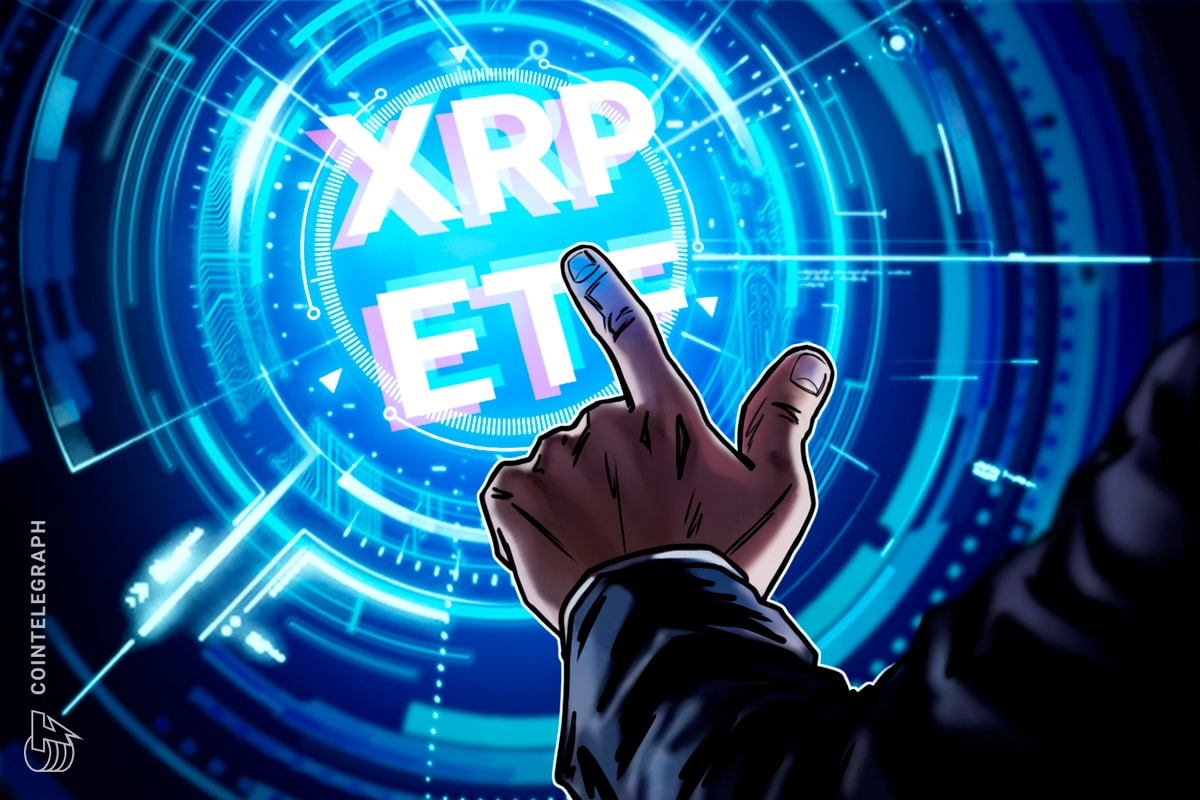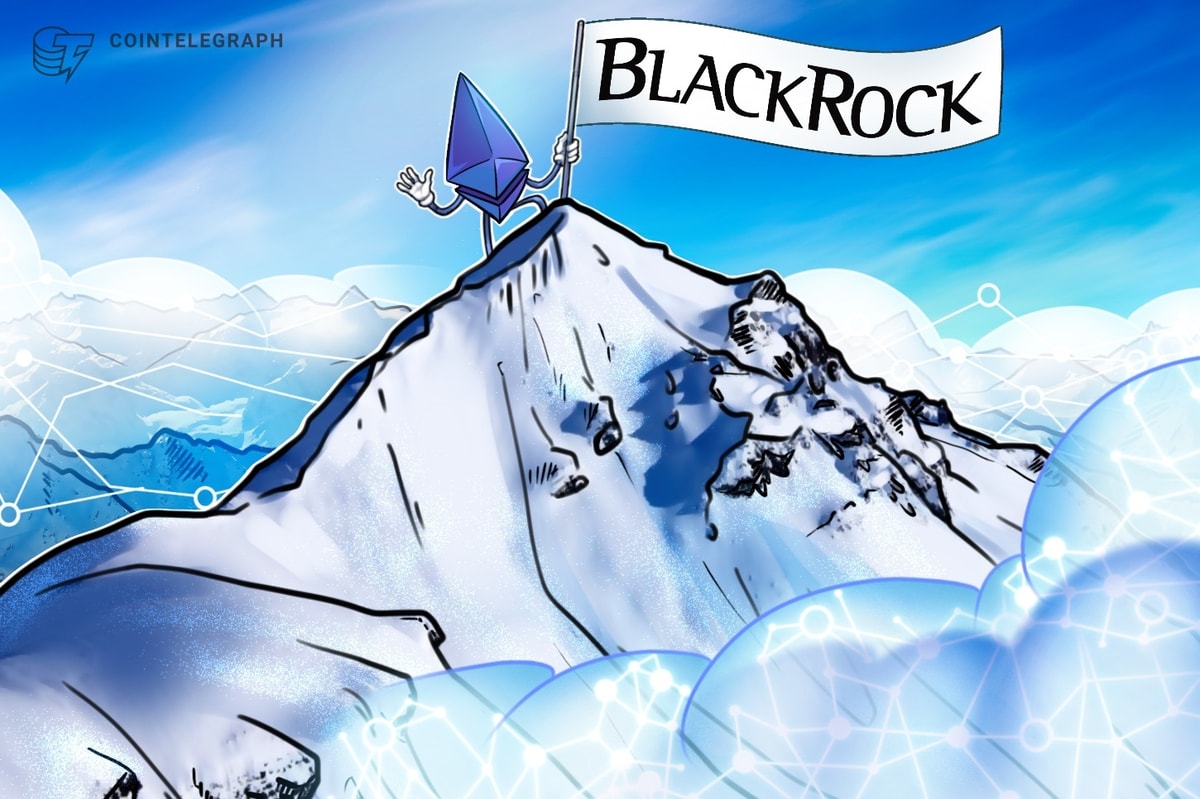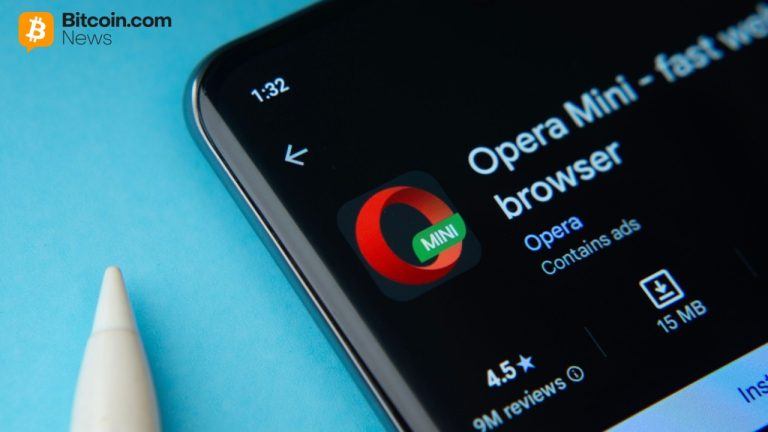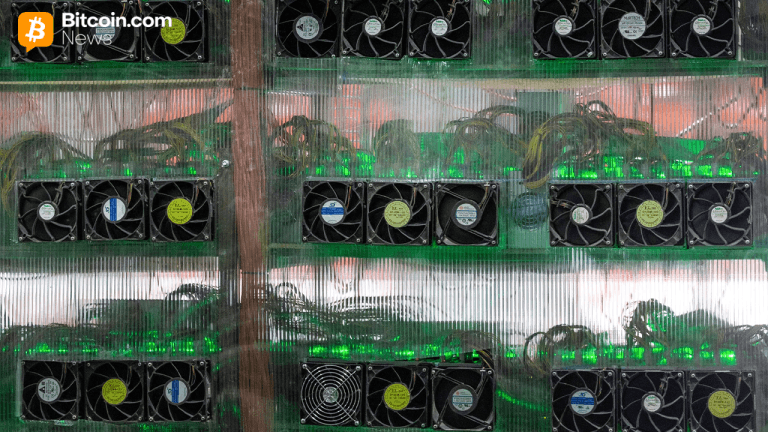Mt. Gox creditors have until March 10 to register and choose repayment method
2 min read
Creditors from Mt. Gox have until the end of the week to register and select a repayment method as part of the plan by which they will be compensated for their losses with the defunct crypto exchange.
In a March 7 announcement, Mt. Gox trustee Nobuaki Kobayashi reiterated a January notice reminding creditors who had not registered for repayment they had until March 10 to do so — two additional months as part of the rehabilitation plan proposed in October 2022. Kobayashi did not provide a reason for the extension, which would allow individuals who suffered losses at Mt. Gox to select a repayment method and register their information in an online rehabilitation claim filing system.
Creditors have the option of a lump-sum payment, bank remittance, fund transfer service provider, or through a cryptocurrency exchange or custodian. Experts have estimated that the losses from Mt. Gox users were worth billions of dollars following the collapse of the exchange.
MtGox creditors: are you unsure choosing between Early Lump Sum Payment or waiting for Final Payment? Both are perfectly valid and rational choices, and you should think for yourself and decide what’s best for you.
A few considerations. https://t.co/WkwVcZysRh
— WizSec Bitcoin Research (@wizsecurity) March 2, 2023
The update from the Mt. Gox trustee may be one of the last announcements for the creditors’ rehabilitation plan that began in 2018. Roughly 99% of creditors affected by Mt. Gox going under had approved a draft rehabilitation plan in October 2021, with Kobayashi announcing in November 2021 that the plan was considered “final and binding” following a decision from a Japanese court.
Related: 10,000 BTC moves off crypto wallet linked to Mt. Gox hack
Mt. Gox Investment Fund, one of the exchange’s largest creditors, reportedly chose a repayment plan that would allow it to receive the majority of its lost funds as early as September. It’s unclear exactly when other creditors can expect repayment in cryptocurrencies like Bitcoin (BTC) or fiat, but some estimates have suggested it could be several years.






